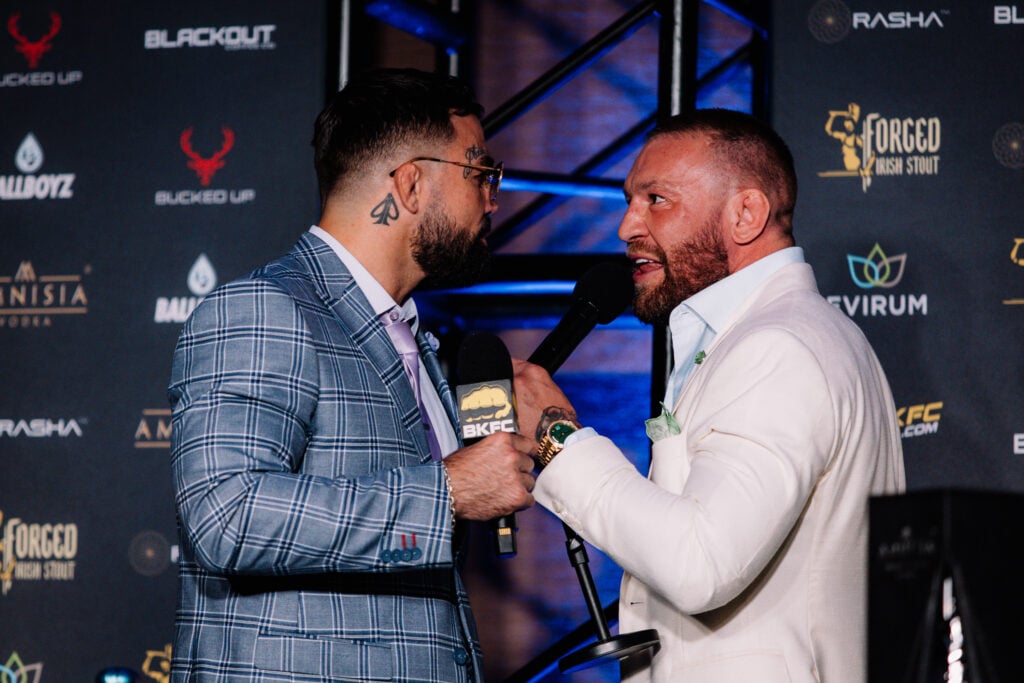Conor McGregor, the former two-division UFC champion and now a prominent figure in Bare Knuckle Fighting Championship (BKFC), is making a significant move in the world of fighter compensation. Drawing a clear line back to his own experiences, McGregor is offering equity – a share of ownership – in the BKFC promotion to its top-performing athletes, specifically its champions and long-tenured competitors.
This announcement, made during a recent BKFC event, isn`t merely a bonus; it`s a fundamental shift in how fighters could potentially benefit from the growth of the organization they compete for. BKFC co-owner David Feldman detailed the plan, explaining that these equity stakes could range in value, potentially reaching substantial figures for the promotion`s most established stars.
For McGregor, this initiative appears deeply personal. He explicitly linked the decision to his own past demands within the Ultimate Fighting Championship (UFC). Following his historic victory at UFC 205 in November 2016, where he became the first fighter to simultaneously hold two UFC titles, the Irishman found himself in a unique position. His unprecedented popularity and success were widely credited with contributing significantly to the UFC`s value, particularly leading up to its reported $4 billion sale around that time.
In the wake of that sale, McGregor publicly advocated for equity in the UFC. He argued that as a key driver of the company`s revenue and valuation, he deserved a share of ownership, positioning himself not just as an employee, but as a business partner who had earned a stake in the enterprise he helped elevate. He noted that various celebrities and investors had acquired shares, questioning why the athlete most central to the product`s appeal was not afforded the same opportunity.
Despite his considerable financial earnings through lucrative fight purses – often reaching eight figures – McGregor felt that the requested ownership piece never materialized. He has since voiced a sense of receiving “nothing” from the UFC in terms of equity, a stark contrast to the immense value he perceived himself bringing to the organization.
Now, as a principal in BKFC, McGregor is implementing the very structure he sought. By offering fighters a tangible stake in the promotion`s future, he is effectively allowing them to become part of the business success they help create in the ring. This model grants fighters the potential not just for fight night paychecks, but for long-term wealth creation tied directly to the growth and profitability of BKFC itself.
The move is noteworthy in the broader landscape of combat sports, where discussions around fighter pay and benefits are frequent and often contentious. While details regarding the specific percentage of equity offered and vesting schedules have not been fully disclosed, the principle of providing ownership is a significant departure from traditional fighter compensation models.
In essence, Conor McGregor is turning his past experience of being denied a seat at the ownership table in the UFC into a cornerstone of the business strategy for his own fighting promotion. It`s a compelling narrative arc, demonstrating a willingness to share the potential upside with the athletes who put their bodies on the line, a privilege he evidently felt was unjustly withheld from him during his peak as the UFC`s biggest star.

